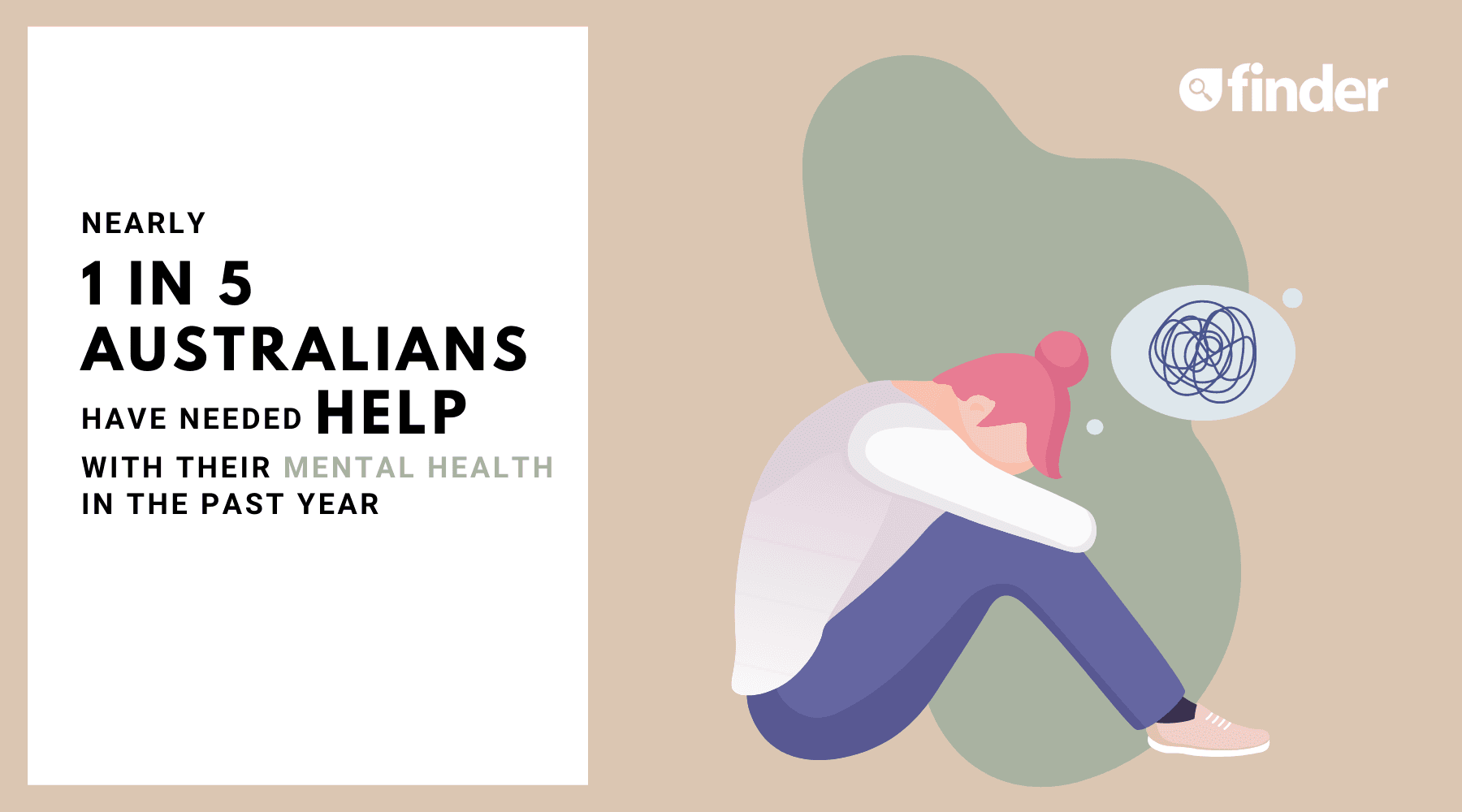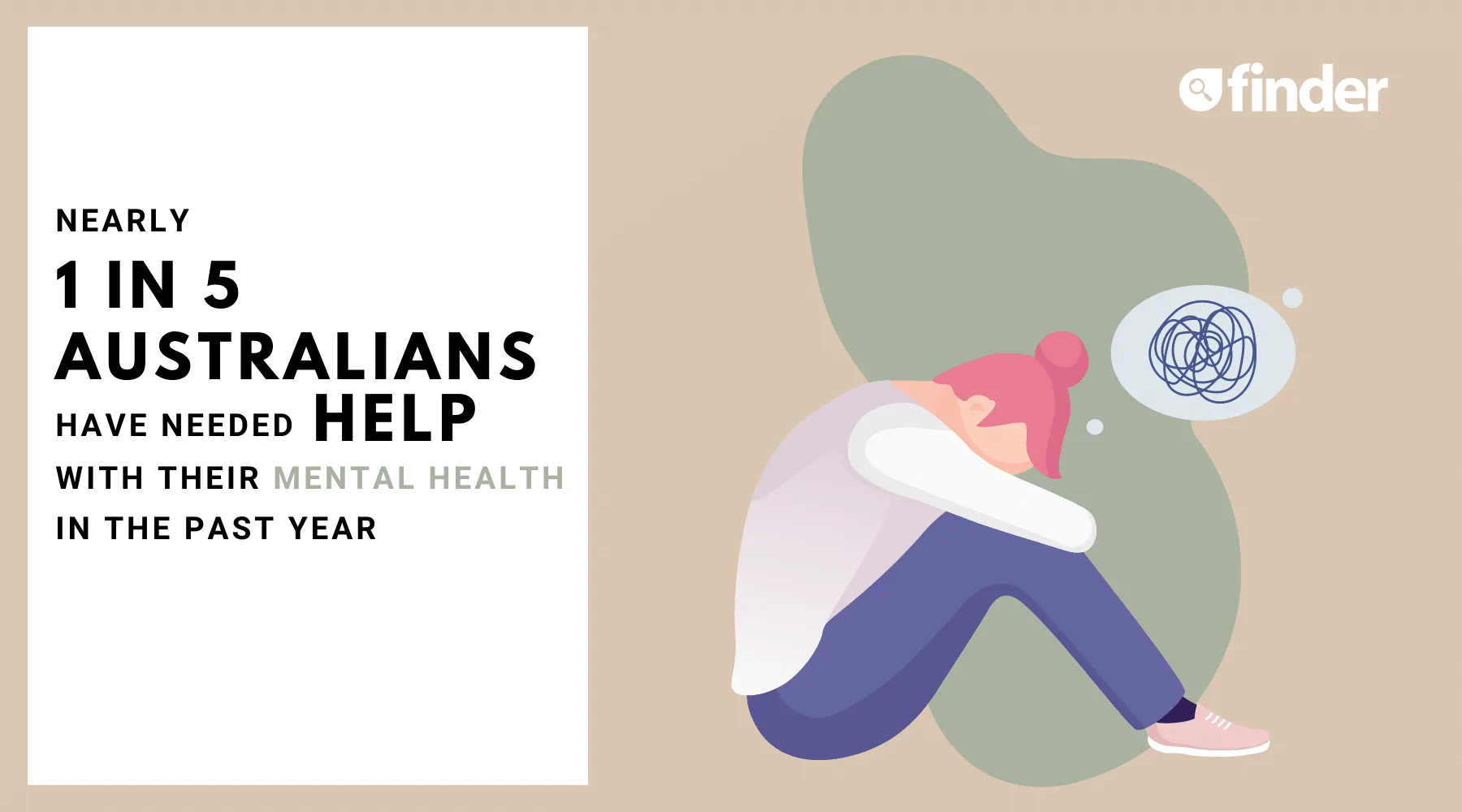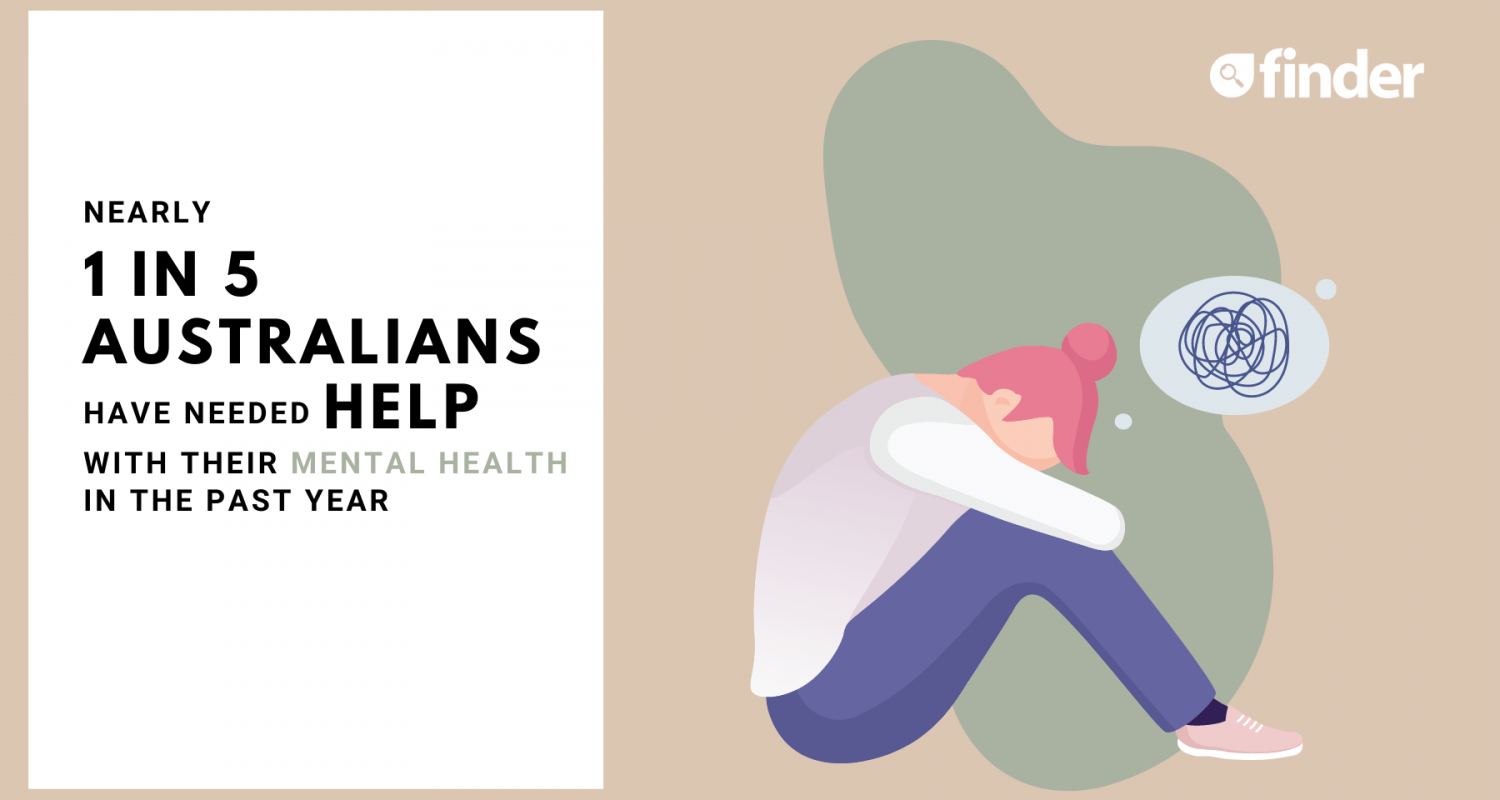

Nearly a fifth of Australians had to see a health professional for their mental health in the past year, according to new figures from the Australian Bureau of Statistics (ABS).
The stats – in an annual report looking at health service usage, Patient Experiences in Australia: 2020-21 – lay bare the challenges many of us have faced dealing with the impact of COVID-19 and lockdowns.
In total, 17.3% reported needing to see a health professional for their own mental health in the year to 30 June 2021.
Of those in need of help, more than a third (34.3%) either delayed or didn’t see a health professional on at least one occasion when required. Concerningly, 8.9% of these did not see a health professional at all.
‘Significant stigmas’ remain when it comes to seeking help
Dr Deepak Gaur, founder of Pop Up GP, said it was “no surprise” that so many had sought out mental health assistance during the past year.
“The uncertainty we have all faced in the last year has affected multiple parts of our lives and this had a significant mental health impact on many. As a society, we’ve never been more open in encouraging discussions relating to mental health,” said Dr Gaur, adding:
“However, for many individuals, communities, as well as within organisations and professions, there are still significant stigmas in admitting to a health issue relating to mental health.”
Clinical Psychologist Katie Dobinson told Finder there had been “huge levels of demand” for online courses at THIS WAY UP, an organisation offering evidence-based courses for mental health and wellbeing. In fact, there has been a 646% spike in registrations for online CBT programs in the past year alone.
Dobinson, who works at the not-for-profit initiative – a joint facility of St Vincent’s Hospital and the University of New South Wales – added: “We hope as well that the stigma around seeking help for your wellbeing and mental health is reducing, encouraging more people to reach out for support.”
How can I meet the cost of mental health treatment?
Figures from the Australian Institute of Health and Welfare (AIHW) show that more than 1 million MBS-subsidised mental health services were processed in a 4-week period to 27 June 2021. The 1,116,998 claims were 4.1% and 13.9% higher than the same periods in 2020 and 2019 respectively.
In response, the government has made an additional 10 Medicare-funded psychology sessions available for individuals until 30 June 2022. This is in addition to the 10 sessions in a calendar year following a referral from your doctor under the Better Access initiative.
Most health insurers also offer cover for psychology services through extras policies. Unlike Medicare, you don’t need a referral from your GP to see a psychologist. As well as being able to claim money back for therapy sessions, these plans typically also include dental, optical and natural therapies cover.
For more acute mental health issues that require hospitalisation, Medicare will cover you for treatment in a public hospital. Treatment in a private psychiatric or rehabilitation facility may be covered by a Hospital policy. Insurers typically set a 2-month waiting period before you can claim, but this is waived once per person per lifetime.
If you are experiencing difficulties with your mental health, you can speak with your GP. You can also call Lifeline on 13 11 14 or Beyond Blue on 1300 224 636. If it’s an emergency, call 000.
ABS data shows hesitancy for dentist and doctor visits
The ABS report also found 28.8% of people had a telehealth consultation for their own health during the year the data was collected.
Dr Gaur’s personalised general practice near Melbourne operates home visits and video conference appointments. He’s seen first-hand the rise in popularity of online consultations.
“People enjoy the convenience of having a consultation at their home, office or somewhere else, for which they can find a time in their schedule without the requirement to travel to and from their doctor, and therefore have less disruption to their personal and professional commitments,” he explained.
The ABS data also showed that more than 1 in 10 (12.2%) delayed or did not see a dental professional when needed due to COVID-19 (it’s worth noting there are a number of insurance plans that can cover the entire cost of dental appointments).
Overall, women were more likely to see health professionals than men. For example, 87.2% of women were more likely to see a GP compared to 77.4% of men.
Learn about how private health insurance can help you pay for medical costs not covered by Medicare.


